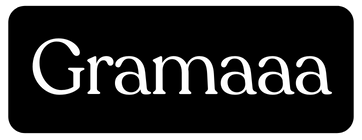Seek is an irregular verb in English, and its past tense form can be confusing. The past tense of seek is sought, and it is used to indicate actions that occurred in the past. In this article, we will explore the past tense and past participle forms of seek, understand how to use sought in sentences, and provide examples of its usage.
What Is the Past Tense of Seek?
The past tense of seek, also known as the simple past form, is sought. This form is used to express actions that happened once in the past. For example, ‘The boss sought a perfect fit for the team.’ ‘The explorers sought the fountain of youth deep in the rainforest.’ ‘I sought out my perfect wedding dress for months.’
What Is the Past Participle of Seek?
The past participle of seek is also sought. It is used to construct sentences in the perfect tenses, indicating completed or to be completed actions. For instance, ‘The litigators had sought a compromise over countless hours, to no avail.’ ‘Thanos has sought all of the Infinity Stones for eons.’ ‘After this next baking attempt, I will have sought the perfect bread recipe 33 times.’
How to Use the Past Tense of Seek
Use sought when writing in the simple past, past perfect, present perfect, or future perfect tenses. Sought can be used as a strong synonym for ‘looked for,’ and other synonyms include explored, pursued, searched, combed, quested, endeavored, solicited, and undertook. Context is important when selecting a synonym, and overusing sought should be avoided.
FAQs
What is the past tense of seek?
The past tense of seek is sought.
How is sought used in sentences?
Sought is used in sentences to indicate actions that occurred in the past, such as ‘The team sought a new strategy for the project.’
Can sought be used in present tense sentences?
No, sought is specifically the past tense and past participle form of seek and should not be used in present tense sentences.
Are there any other irregular forms of seek?
Yes, seek has irregular present and past participle forms, with the present participle being seeking.
How can I improve my grammar for irregular verbs?
Using tools like ProWritingAid’s grammar checker and Word Explorer can help in identifying and understanding the correct usage of irregular verb forms.
